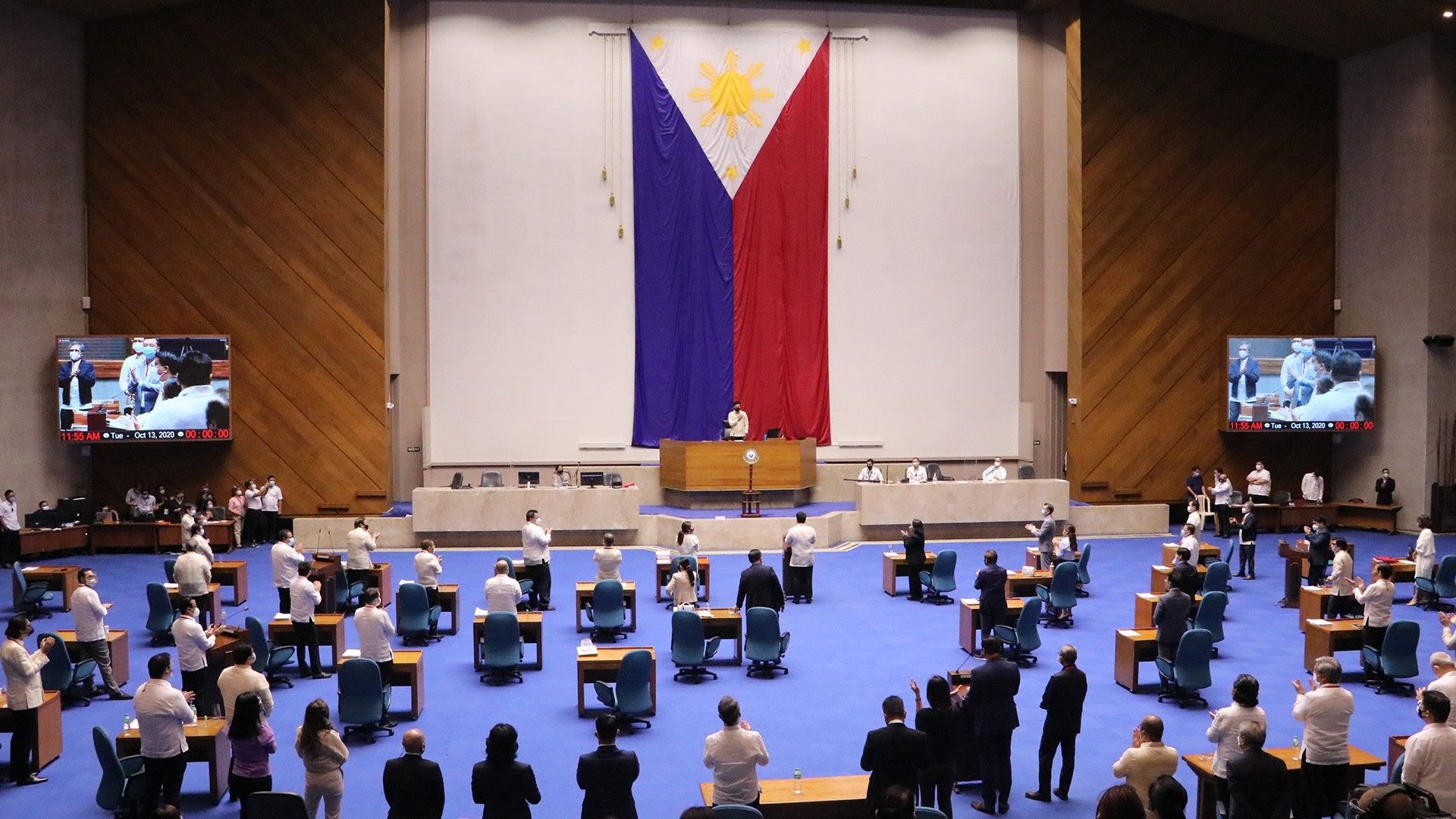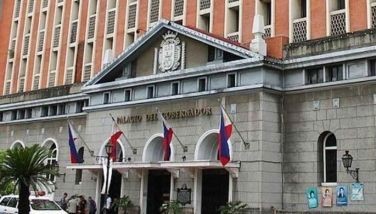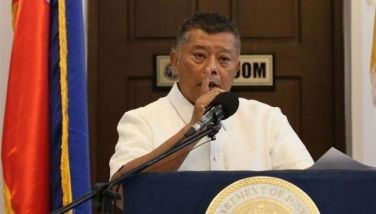House expenses see highest jump on record in 2019

MANILA, Philippines — The House of Representatives’ expenses in 2019 saw the highest jump on available record, with the chamber’s spending increasing by 36% to P13.81 billion in that year, according to reports from the Commission on Audit (COA).
This represents a P3.66-billion hike from the previous year, when the House spent P10.15 billion for personnel services, maintenance and other operating expenses, financial expenses and non-cash expenses.
The House spent the most on other maintenance and operating expenses, where it poured in P3.96 billion.
These expenses include the following:
- Expenses incurred by oversight committees for meetings, ocular inspections, and other operating expenses necessary in the exercise of its mandate
- Expenses for the State of the Nation Address
- Expenses incurred during various committee/office meetings, party caucus, plenary sessions and visits of foreign dignitaries
- Public affairs fund and district operating expenses of all House members
- Sociocultural-related activities of the House
- Expenses related to the ASEAN Inter-Parliamentary Assembly
- Expenses related to gender and development
- Death benefits of House members
- Canvassing expenses during national elections
- Other miscellaneous expenses necessary in aid of legislation
Extraordinary and miscellaneous expenses — like meetings, seminars and conferences, and public relations — followed, with the House spending P3.57 billion for this purpose.
Salaries and wages for House personnel got the third biggest chunk of the House’s 2019 spending, getting P3.23 billion that year.
The House’s spending has generally increased since 2008, except in 2013 and 2016, when it recorded slight slumps in expenses.
More deputy speakers
Sharp increases in the House’s spending correlate with the number of deputy speakers, who get additional funding for their respective offices as part of the benefits that they have as the chamber’s leaders.
At the time the COA conducted its audit of the House for 2019, 21 deputy speakers were seated.
In 2017, when 14 deputy speakers were seated, the House’s spending jumped 16% from the previous year to P8.27 billion. The chamber’s spending hiked again by 21% the following year to P10.02 billion.
There are currently 32 deputy speakers, the most in history, which may mean that the House is on track for another spike in spending.
- Latest
- Trending
































